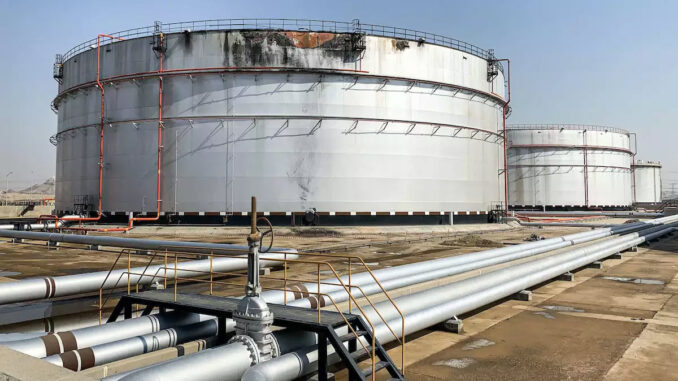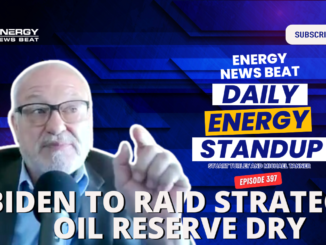
Saudi Arabia on Sunday raised the ‘official selling price’, or OSP, of oil shipments to Asia in May but left the price for Europe unchanged, indicating the world’s largest crude exporter is unimpressed by India’s plan to cut Saudi imports.
The OSP has been raised between 20 and 50 cents per barrel for various grades of crude, Bloomberg reported. Saudi Aramco sets the OSP every month for oil supplied under term contracts. Other West Asian producers take a cue to tweak their prices.
The OSP revision comes amid the government asking state refiners to cut Saudi oil imports and, in a throwback to 2014-15, use their “collective clout” to negotiate better contracts. New Delhi’s latest salvo follows a protracted war of words with Riyadh over OPEC-Plus ignoring India’s calls since December to end production cuts, which had pushed up prices.
As fuel prices rose to record highs, partly aided by high taxes, oil minister Dharmendra Pradhan said the grouping “backtracked” on an understanding arrived among buyers and sellers amid demand meltdown in April 2020. His Saudi counterpart Abdulaziz bin Salman responded by suggesting India dip into its stockpile of cheap oil.
This was in sharp contrast when officials claimed India’s victory in February when Saudi Aramco had left March prices for Asia unchanged but raised for Europe.
In 2014-15, a team of executives from all state-run oil companies and government officials had visited Kuwait, Abu Dhabi and Saudi Arabia in the past without success since Riyadh is not willing to deviate from established norms based on market dynamics. The OSP is the difference in quality between any Saudi crude and the monthly base price of the Dubai-Oman basket quoted in Singapore. The base price is derived from a rolling average of 30-month quotes.
For Indian refiners and mush of other Asian buyers, West Asia, which accounts for 60% of India’s oil imports, is hard to beat as a cost-effective source because of proximity, low shipping costs, capacity to supply committed quantities. Joint procurement iss also a non-starter because of the individual need of each refiner. For the same reasons, the US will not always be a cost-effective source, though it has become the second-largest supplier as India diversifies sources. African producers have issues over meeting their commitments.






